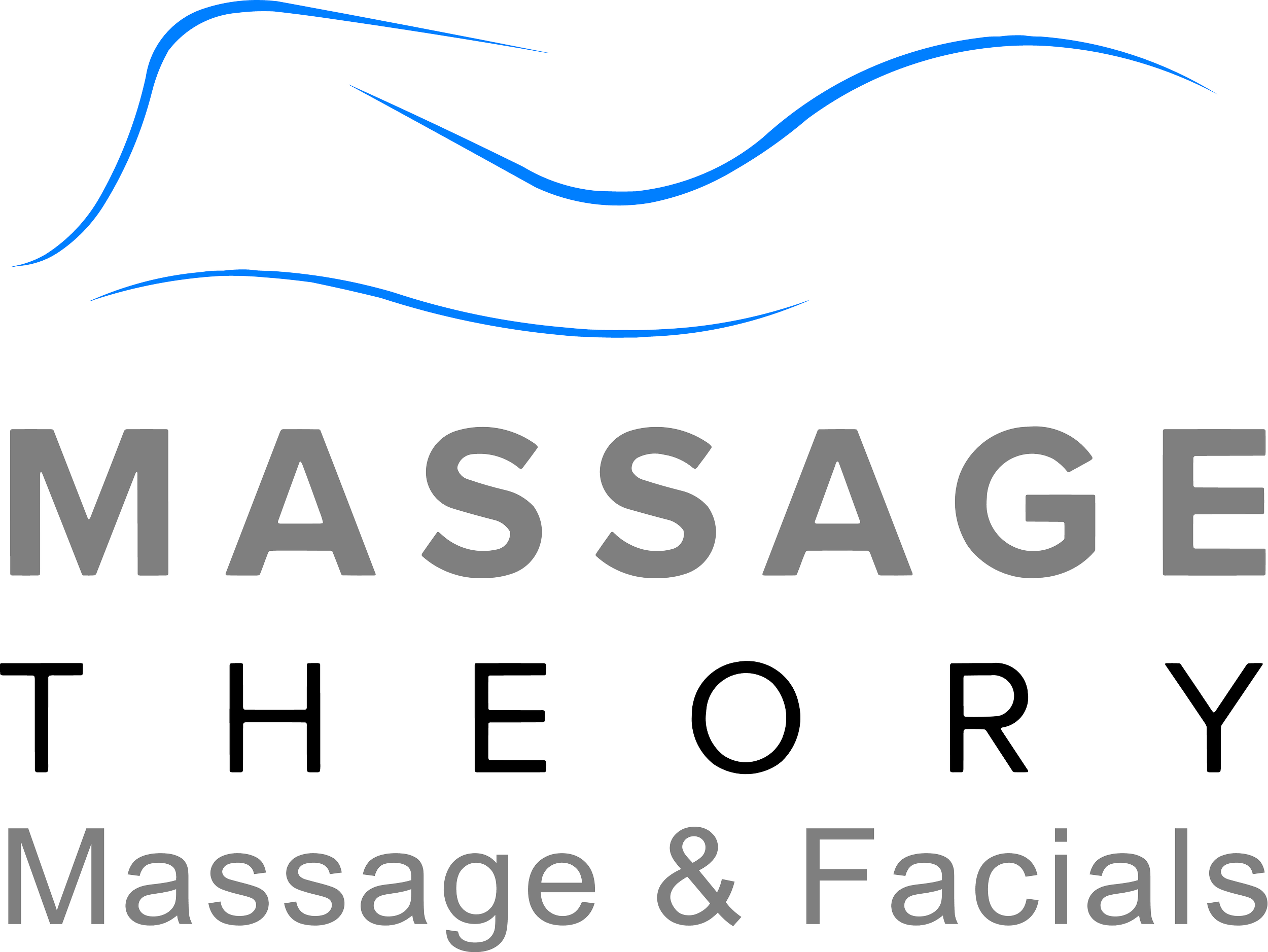Safe and Relaxing Techniques During Pregnancy: A Guide to Stress Reduction
Pregnancy is a period of profound change—physically, emotionally, and mentally. As your body nurtures the growing life within, you might encounter stress and anxiety, common companions to the anticipation and adjustments that pregnancy brings. Managing these feelings is not just beneficial for your own well-being, but also for the health of your baby. Engaging in safe and relaxing techniques can serve as a vital part of your self-care routine, helping to soothe both body and mind during this transformative time.
Understanding and practicing relaxation methods can ease common pregnancy-related discomforts, improve sleep patterns, and boost emotional health. Some effective strategies include breathing exercises, massage therapy, and much more. Techniques like deep breathing exercises or prenatal massage not only provide relaxation but can also play a role in preparing your body for childbirth. Grounding yourself in the present moment, while also meeting your body's changing needs, allows you to navigate pregnancy with greater calmness and confidence.
Understanding Pregnancy Relaxation
Relaxation during pregnancy is not just about feeling calm; it's a comprehensive approach that benefits both you and your baby. It's important to integrate relaxation techniques into your routine to navigate the physiological changes that occur.
Benefits of Relaxation During Pregnancy
Your emotional well-being during pregnancy is as vital as your physical health. Engaging in relaxation practices can significantly:
Reduce stress: Elevating your sense of peace and reducing anxiety.
Improve sleep: Enhancing the quality of your rest at night.
Positive pregnancy experience: By remaining relaxed, you're more likely to have a positive view of your pregnancy journey.
By incorporating techniques like gentle exercise, meditation, or simply taking a warm bath, you will not only enhance your mood but can positively influence your baby's development.
Physiological Changes in Pregnancy
You're undergoing profound physiological changes during pregnancy that relaxation techniques can help manage:
Hormonal shifts: Balancing mood swings and emotional fluctuations.
Blood flow increase: Supporting better circulation and reducing potential swelling.
Muscle and joint adjustments: Alleviating discomfort caused by the natural softening and stretching in preparation for childbirth.
Understanding these changes empowers you to choose the most effective relaxation methods, catering to both your body's and mind's needs.
Relaxation Techniques and Safety Measures
Incorporating relaxation techniques into your daily routine can significantly enhance your well-being during pregnancy. Let's explore targeted methods and important safety measures to ensure both your peace of mind and safety.
Breathing Exercises
Start by focusing on your breathing to manage stress levels effectively. Practice taking deep, slow breaths, which can promote a sense of calm and help you handle discomfort during pregnancy. Engage in controlled breathing to support relaxation.
Massage Therapy
Massage therapy during pregnancy can alleviate muscle tension and promote relaxation. It is essential, however, to seek a certified massage therapist experienced in prenatal massage. Certain massage techniques and pressure points are to be avoided, so ensure your therapist is well-informed about pregnancy-related precautions.
Everyday Relaxation Tips
Incorporate simple relaxation strategies into your day-to-day activities:
Schedule short, daily periods of rest and relaxation
Spend time outdoors for fresh air and natural light
Engage in enjoyable activities like reading or listening to gentle music
Safety Precautions While Relaxing
While relaxing is beneficial, your safety is paramount:
Avoid overheating during any activity
Stay hydrated throughout the day
Listen to your body and rest when needed
Consult your healthcare provider before starting any new relaxation practice
